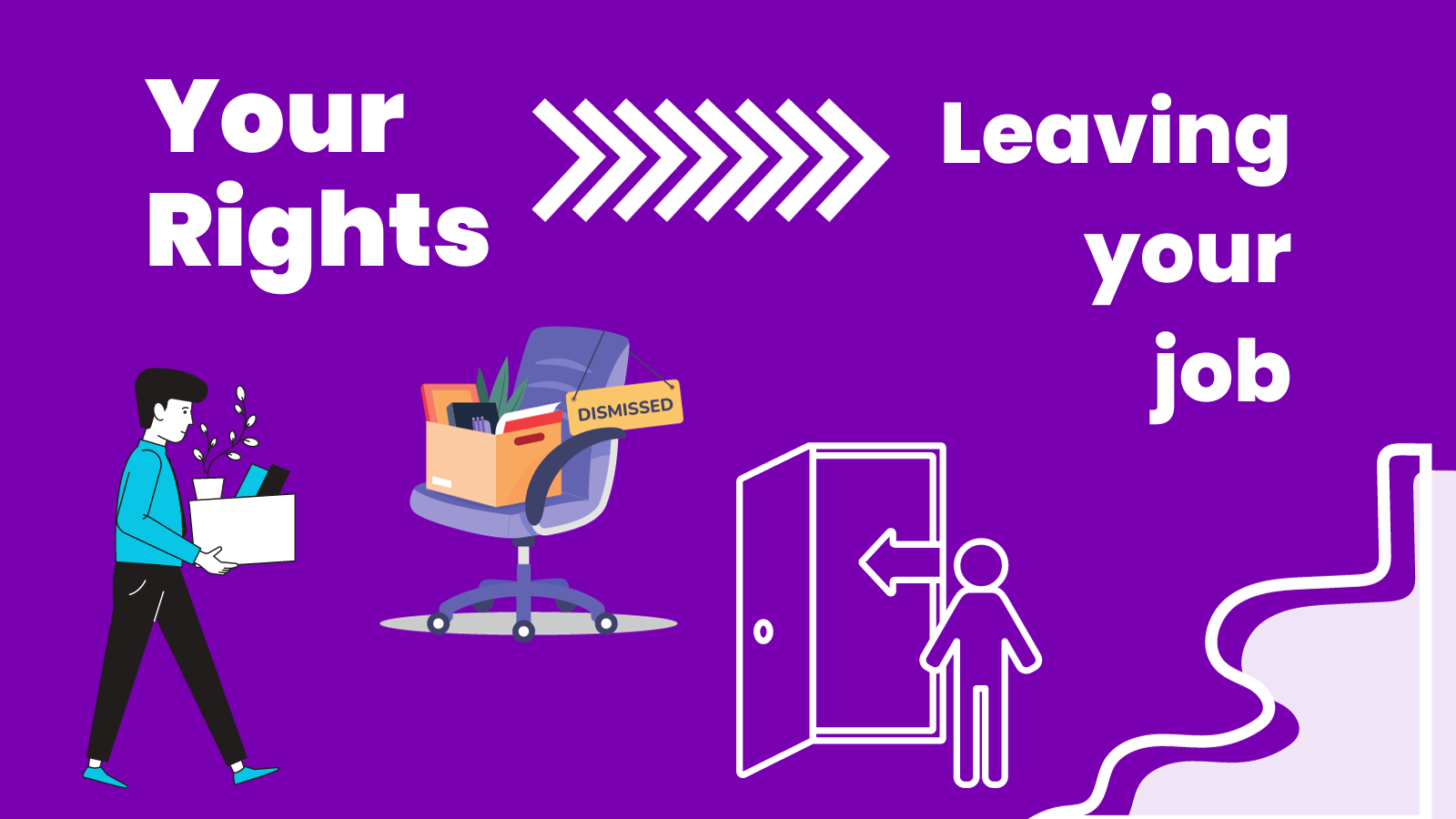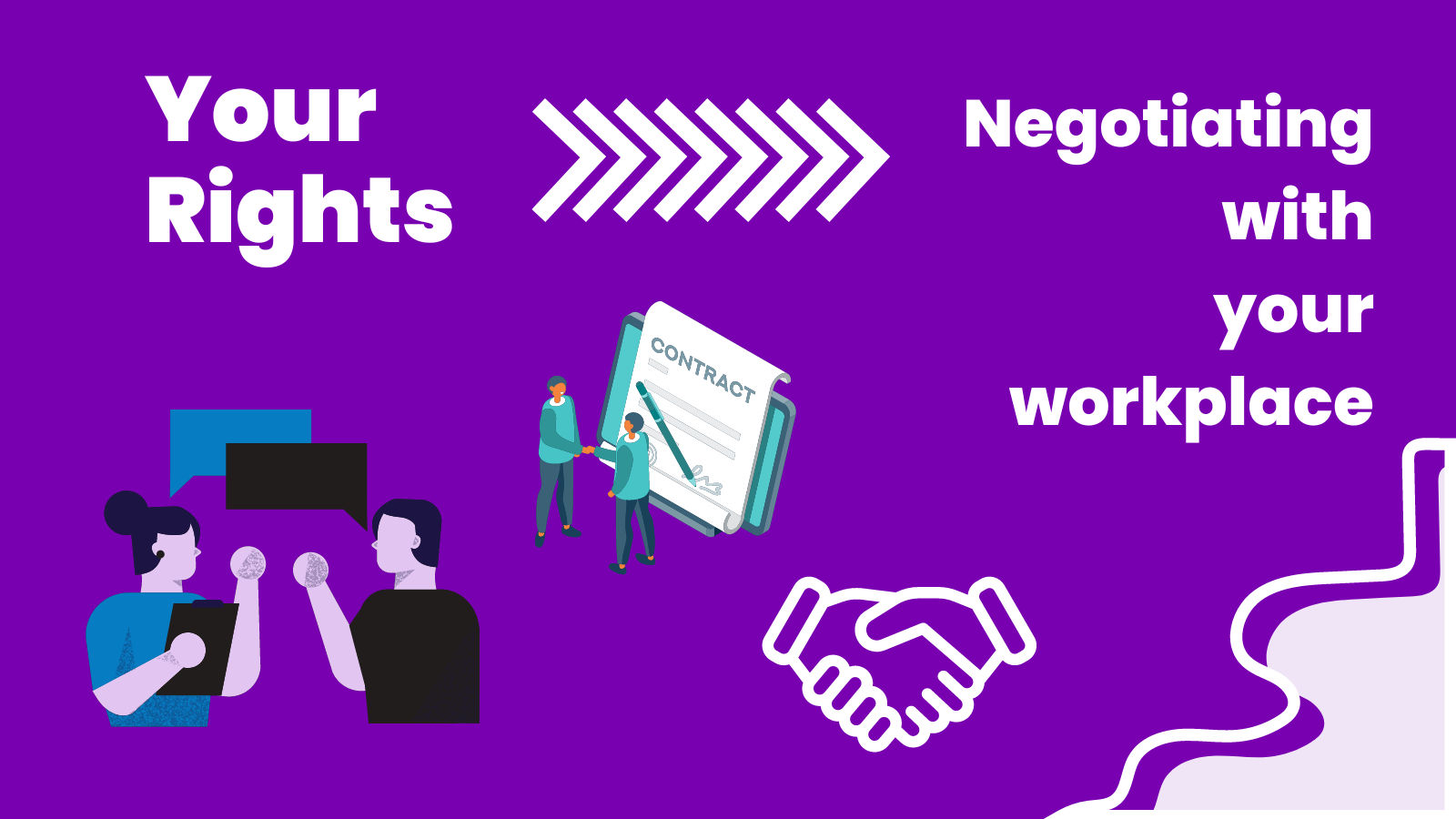We use cookies to make sure that you get the best experience on our website. By closing this message, you consent to having our cookies on this device as set out in our cookie policy, unless you have disabled them.
If we’ve helped you, could you help us?
We urgently need to rebuild this website so more people can find the help they need.
If everyone who used our help in July gave £5 we could start now. We know many of our users cannot afford to - so if you can, please donate.
Thank you so much - Advicenow

